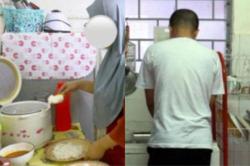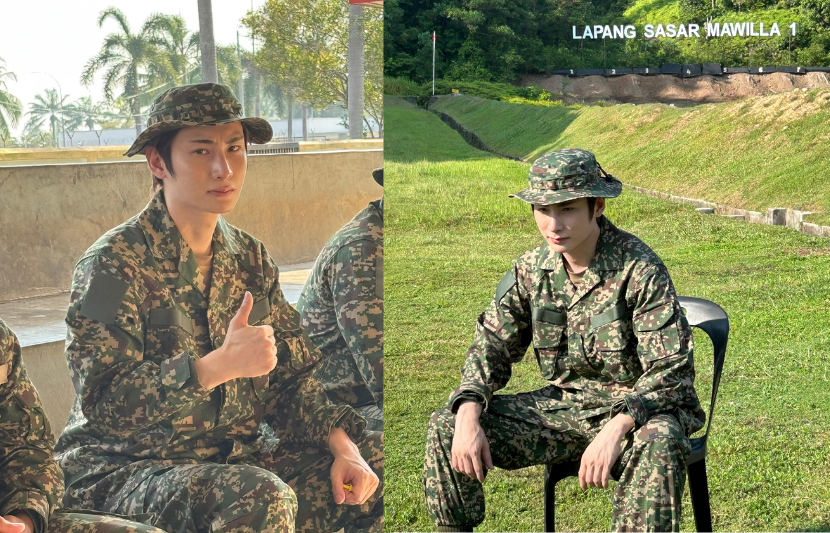MOST adults would declare that children do not know what they really want. That is why they are still children. They do not have what it takes to make up their minds.
However, many children do know what they want. They want to be heard. A baby cries to alert the people around her of her needs. She knows someone will come to her aid. Over time she learns that the person who comes running to her when she cries is someone whom she can trust. Sometimes she gets worried when she cannot see her caregiver but in time, she learns that the person who loves her is always nearby.
Hands on: Preschoolers know very well that the only way for them to understand how things work around them is through exploration and experimentation. Toddlers want to be independent. They are curious and want to try everything they encounter. They work very hard to do everything themselves. Sometimes they can be overwhelmed by the task and feel frustrated. They may seem fickle when they keep changing their minds about what they want. This is not because they are indecisive. From their perspective, it’s just that everything is so fascinating. As they grow and develop, toddlers will learn to make choices. The more they work with their hands, the more they develop the capacity to generate ideas.
A teacher who observed a three-year-old child in careful study of a caterpillar’s movement reported that he “puts his hands on top of the structure and pulls himself up onto the structure. He then begins crawling up slowly, sideways and twisting first to his left side and then to his right.” The child’s movements depicted the way the caterpillar moved. He also later told his teacher, “I move carefully, like caterpillar.” His thinking was indeed provoked by the observation he made and the movements he copied.
Preschoolers are demanding in many ways. They want everyone to pay attention to them. They also insist that they have time to be just children. At their age, they have come a long way in their achievements. Instead of listening passively, they want to participate in conversations. They want to make their ideas known.
Their choices of activities differ from those of the adults around them. Their parents want them to learn to read, write and count but they want to play. They want to lie down on soft, green grass and look at the clouds. They want to mix water with soil to make mud. They want to make connections to nature in their activities. Play is the way the child learns.
Preschoolers aged three to five know very well that the only way for them to understand how things work around them is through exploration and experimentation. When adults expect them to rote-learn their ABCs and 123, they lose interest quickly. They want to work with their hands and move their entire bodies to interact with what they are learning. They want to feel the texture and smell the scents so that they can build concepts for further studies.
Young children learn actively. They know they do not want to sit behind rows of desks and listen to their teacher tell them what to do all the time. They know they can find the answers themselves if they are allowed the opportunity to do so. They often want to do things for themselves because this is the way they can master life skills. They want to be listened to rather than be told everything by an adult who thinks they know nothing.
Children know they need to be taught in a positive manner, not punished. Before they can get it right, they will make many mistakes. This is how they achieve mastery over many tasks in their lives. They will keep on repeating the same thing. They do not feel bored because they are interested in what they do. They want time and space to learn to pursue their chosen activities.
Children hear what you say when you say it softly, clearly and gently. They cannot understand why adults have to use derogatory or hurtful words. They learn better when they feel confident, loved and respected. They know they want to live and develop in a safe and secure place.
Above all, children want their parents to see them for what they really are in the present. When parents look at their children, they see the past and the future. They reprimand the child for repeating a negative behaviour. To justify further punishment, they tell the child that they are punishing him for the sake of his future good. In most cases, there is a greater mind at work when children behave in a certain way. Instead of what is going in their minds, parents tend to focus on their behaviour. Look carefully at what your child is doing with his hands or listen attentively to what he is saying.
Children of today can only be contributing members of society when they are respected and cared for without prejudice or violence. They really do know what they want.


































